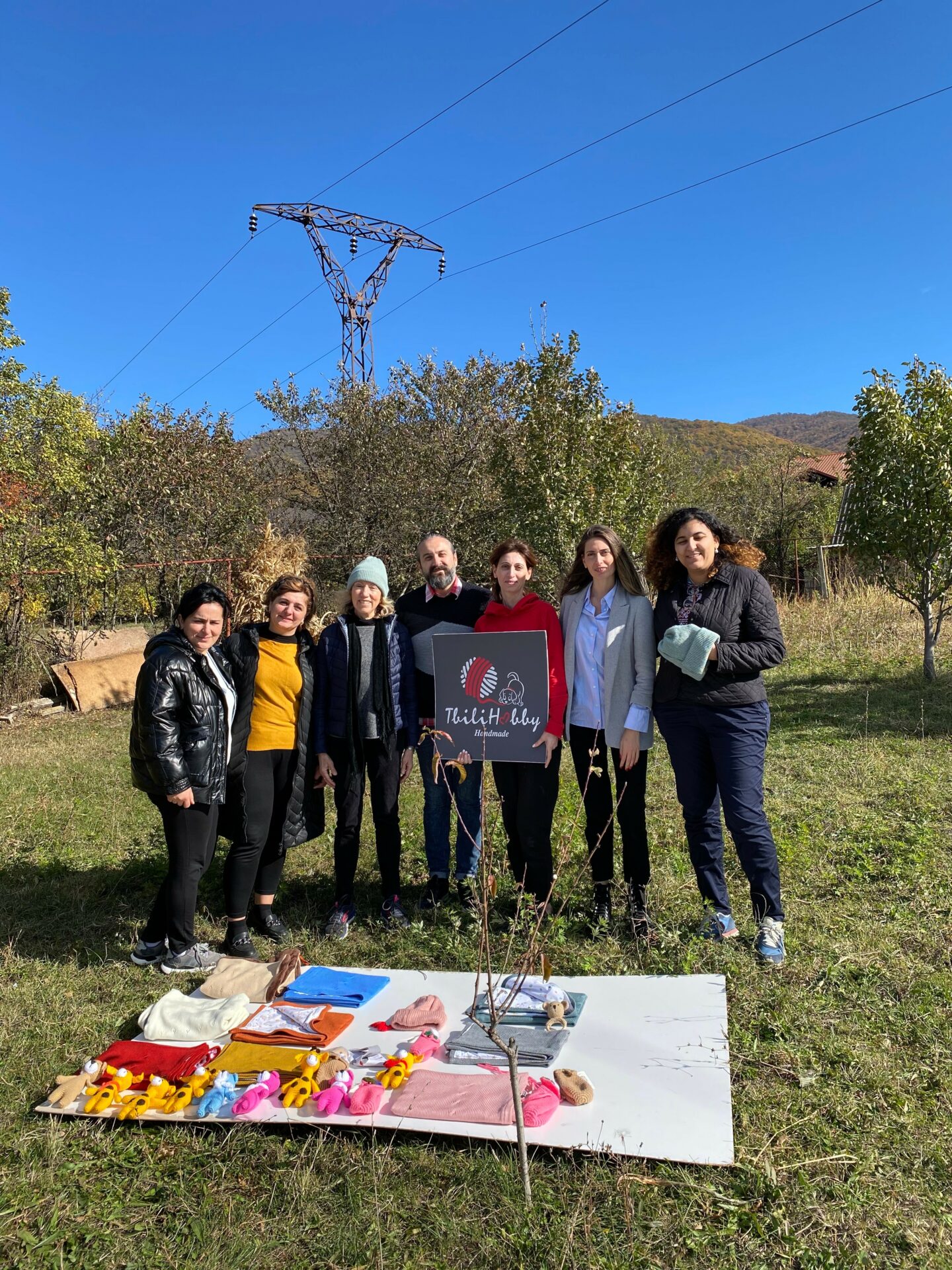We were lucky to catch up with Lynellyn Long recently and have shared our conversation below.
Hi Lynellyn, great to have you with us today and excited to have you share your wisdom with our readers. Over the years, after speaking with countless do-ers, makers, builders, entrepreneurs, artists and more we’ve noticed that the ability to take risks is central to almost all stories of triumph and so we’re really interested in hearing about your journey with risk and how you developed your risk-taking ability.
I am absolutely not sure how I developed an ability to take risks. I had an ordinary, middle class American childhood although my family moved a few times so I had to adapt to new experiences. My parents did not have a good marriage and it ended in divorce. From that I learned to listen and to make a lot of my own decisions. When I left Williams College, I expected to have an ordinary career as a lawyer and/or as a Government civil servant and initially worked for a Congressional publication. However, the long hours and tedium made me want to do something different. I persuaded my boss to write a recommendation for me to join Peace Corps. To his consternation, his letter resulted in my being accepted immediately and I set off for Togo. My post was in a mountainous village off the beaten track with no electricity or running water. From those two years, I realized that I could work internationally and do something useful. That gave me the courage later to do refugee and migration work and when necessary, work in war zones.
Let’s take a small detour – maybe you can share a bit about yourself before we dive back into some of the other questions we had for you?
I work with refugees and migrants addressing issues of violence, trauma, trafficking, reproductive health, and mental health. I first worked with Southeast Asian refugees as a UN Volunteer in the Philippines. That led me to research the demographic, political, and economic impact of long-term refugee camp life on families and societies for my dissertation. During the research, I lived and worked with Hmong and Lao refugees in Ban Vinai, a refugee camp in Northeast Thailand. Following my doctorate, I participated on the Clinton/European Command Humanitarian Team to investigate the war in the Balkans. Recognising the need for assistance to address people’s trauma from rape, violence, and other horrific acts, I helped convince USAID and Congress of the need for Trauma and Humanitarian Assistance during the war. After the Dayton Accords, I worked for the International Organisation for Migration on refugee resettlement in Bosnia-Herzegovina. Since those early days, I have lived and worked in Vietnam and Egypt, and worked on refugee and migrant issues in Madagascar, Jordan, Tunisia, Mauritania, the Caucasuses, Nigeria, South Sudan, Turkey, and Uganda. In 2005, I founded HERA (Her Economic Rights and Autonomy), an NGO, that supports women’s entrepreneurship to help prevent trafficking and dangerous migration and to sustain communities during hard times.
If you had to pick three qualities that are most important to develop, which three would you say matter most?
(1) Being able to listen well — I usually try to take notes on the spot so that people realise that I am capturing what they are saying and I check back to ensure I have heard correctly;
(2) Respect for others — I soon realised in my work that I had a lot to learn from many different people and that they often had incredible experiences and stories to share.
(3) Remaining Optimistic — Keeping a sense of humour and faith that things can be better.
One of our goals is to help like-minded folks with similar goals connect and so before we go we want to ask if you are looking to partner or collab with others – and if so, what would make the ideal collaborator or partner?
I am always looking for people to join HERA (Her Economic Rights and Autonomy). We are registered in the U.S. (California), UK, and France. HERA US and France work internationally, currently in Armenia, Georgia, Moldova, and Ukraine. We provide grants to women entrepreneurs to grow their micro and small businesses so that they may train and employ young women at risk of dangerous migration and trafficking. We also assist former Ukrainian grantees, who become refugees, to rebuild their businesses in Europe and North America. HERA UK provides business and entrepreneurship training and mentoring to trafficking survivors in the U.K..
We seek diverse members of all ages and backgrounds who are willing to volunteer their time and expertise and are interested in helping and advising women entrepreneurs in tough situations.
Contact Info:
- Facebook: Lynellyn Long
- Linkedin: Lynellyn Long
- Website: www.hera.international
- Other: Also possible to reach us on: [email protected] or to read about our work on GlobalGiving: https://www.globalgiving.org/donate/9592/hera-her-economic-rights-and-autonomy/









